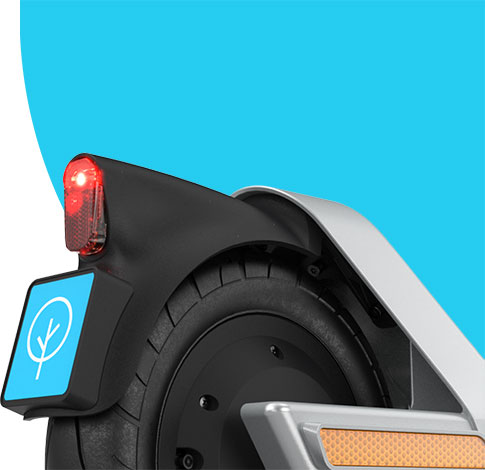Something interesting appears to be happening in the American South.
At a moment when the global pandemic is changing everything from where we live to how (or if) we commute to work, cities in the southern US are demonstrating that the demographics of micromobility ridership are not set in stone across cities.
It’s a development we first wrote about in early November, as the results of a Bird rider survey in Atlanta showed that nearly 46% of survey respondents identified as female. This is a far cry from national micromobility averages, according to the US Census Bureau, which indicate that women are about 60% less likely to commute by bike than men.
And it turns out Atlanta is not alone. Based on surveys administered under the supervision of Bird’s director of research and economics, women are riding Bird scooters at increasingly higher rates in a growing number of cities below the 40th parallel north (the circle of latitude that “bisects” the continental United States).
For example, in Nashville, 37% of Bird riders identify as female compared to 57% who identify as male. This may not seem particularly high until you remember that national cycling commuter averages would put this split closer to 30% female and 70% male. The comparison is not fully apples to apples, but it nevertheless provides a helpful lens through which to begin identifying the progress being made.
Roughly 200 miles southwest from Nashville in Memphis, the gap closes even further. Here, 41% of riders identify as female compared to just 52% who identify as male. We even see the trend present in smaller cities like Yuma, AZ, with its population of approximately 100,000 residents. Here, women make up just under 42% of Bird riders.
The data is not yet complete enough for us to fully understand why this increase in women’s ridership is taking place in these particular cities, or whether we can expect to see a further narrowing (or even elimination) of the micromobility gender gap more broadly. It is, however, a positive indicator of e-scooters’ broad appeal and potential to meaningfully increase micro-electric mobility use.
To help encourage this trend, Bird launched our recently-announced “Women Leading Micromobility” series in Tel Aviv. The global event series is designed to support and promote women’s scooter ridership and help Bird better meet the needs of all micromobility riders.
To learn more about how access to Bird micro-electric mobility is changing transportation habits and reducing reliance on gas-powered cars in more than 350 cities around the world, subscribe to the Bird Cities Blog.

